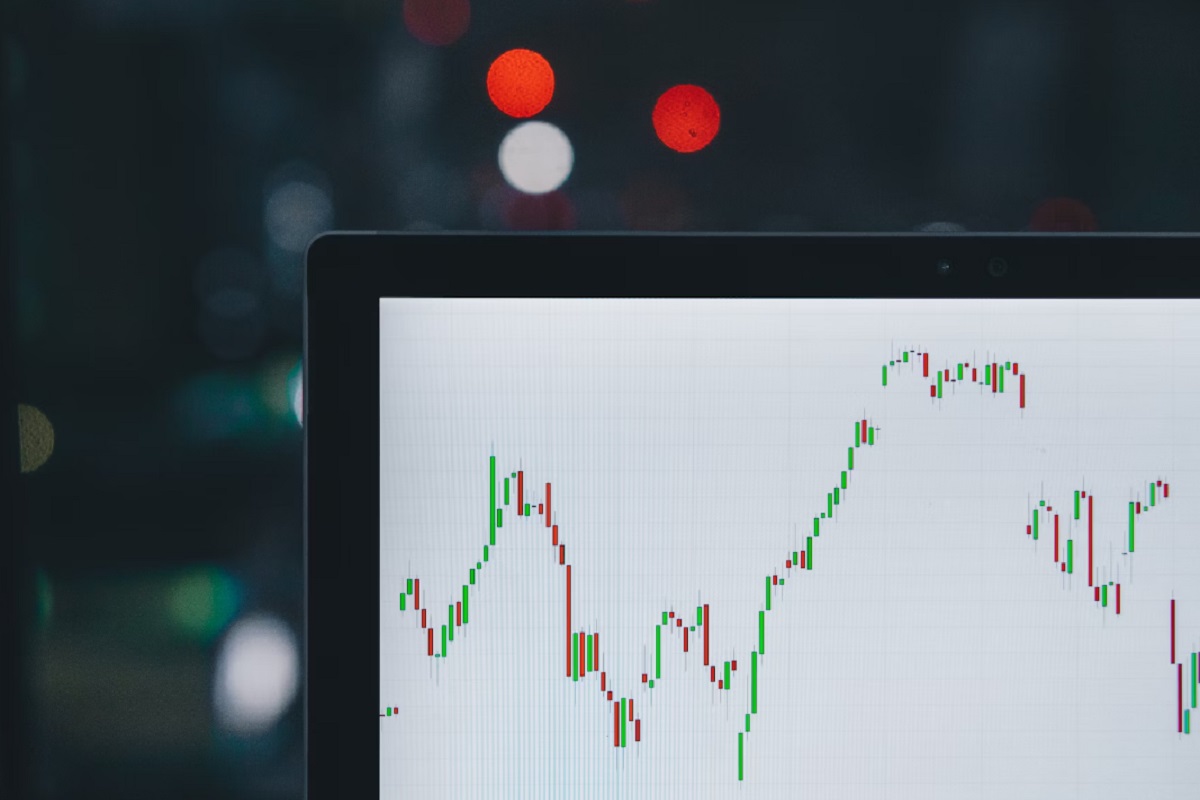The Taiwan Semiconductor Manufacturing Company stock price index has shown a drop more significant than any other securities in Asia since mid-June, which is a reflection of investors’ preparation for a prolonged negative situation of slowing processes in the chip sector.

Experts say that the current state of affairs with a high degree of probability is not yet a peak recession. This means that the situation will not only be prolonged but may also show deterioration in the future.
After the June high, the value of TSMC shares decreased by 10%. The company’s market capitalization declined by $72 billion due to concerns about the prospects for further development of the macroeconomic situation and the nature of changes in this space. Also, the sentiment that does not contain an optimistic assessment of the future is partly due to the high level of probability of low global demand for consumer electronics in the long term. The growth of the volatility bias observed in recent months against the background of the fact that traders bid up bearish contracts, and have signs of continuation, indicates that the value of TSMC shares will continue to show a decline.
Securities of the world’s largest contract chip manufacturer based in Taiwan rose in price by 60% in the period from October to June amid global hype around everything related to artificial intelligence. But over time, traders began to be cautious about the prospects for profits, their concern especially intensified due to the lack of signs of growth in the business of personal computers and smartphones. Even the level of demand for high-quality artificial intelligence chips began to decline at a faster pace than expected.
JPMorgan Chase assesses the current state of affairs as evidence that the recovery of the Taiwanese manufacturer of microcircuits in 2024 will be carried out more slowly compared to the degree of intensity that could be in case of favorable circumstances. In the context of their forecast, financial institution analysts pay attention to the weakness of most end markets, including personal computers, smartphones, and services that are not related to artificial intelligence. They noted that against the background of gloomy macroeconomic prospects, a low level of orders for 1H 24 chips is expected.
Analysts also take a moderate approach when assessing the prospects for capital expenditures. TSMC warned in June that the corresponding levels could fall to the lower limit of the forecast for the year in the range of $32 billion to $36 billion. Traditionally, the reduction of capital investments is characterized as a reasonable and positive cost management tool, but analysts say that in the current realities, this process signals a decrease in demand for chips in the long term and is a reflection of concerns about a protracted recovery.
Goldman Sachs Group has changed its estimate of TSMC’s capital expenditures for 2024, reducing this projected figure by more than 20%, to $25 billion. Analysts justified this opinion to concerns that the company may postpone the planned expansion of production facilities outside Taiwan. If this scenario of the future turns out to be real, the smallest amount of TSMC expenses will be recorded since the beginning of the coronavirus pandemic.
The Taiwanese manufacturer’s profit estimate for 12 months was also revised down by about 8% compared to the maximum recorded in October last year.
In part, TSMC’s not most favorable position is the result of unfulfilled hopes associated with the company’s ultra-modern 3-nanometer chip. Mass production of this product was launched in December last year. Initial expectations envisaged that the cutting-edge chip would provoke something like a revolutionary technological breakthrough, including in Apple’s iPhone and Nvidia’s artificial intelligence generators. Weak consumer demand has led to the fact that the image of the future, where the next step towards development on a global scale was made, has not become a sustainable reality. The chip was released, but it did not become the beginning of a technological breakthrough.
TSMC informed major suppliers in the fall that it was forced to postpone deliveries. JPMorgan reports that Nvidia, Advanced Micro Devices, and Qualcomm may postpone their chip orders until 2025.
Citigroup analysts, including Laura Chen, wrote in their note that the lack of recovery in demand to the level that was observed during the coronavirus pandemic, combined with macroeconomic weakness, signals a high probability of a slow recovery.
At the same time, TSMC is not on the verge of collapse and is not a hopeless company. The brand has a leading position in the foundry or microcircuits market. In the second quarter, the company’s share in this sphere was 59%. For example, the share of TSMC’s largest competitor, which is Samsung Electronics, is 11%.
The company is also a foundry for brands such as Nvidia and AMD. This means that any unexpected profit growth in the third quarter in the business related to machine intelligence next month may lead to a resumption of purchases.
At the same time, it should be borne in mind that in the absence of a large-scale economic recovery, traders will show extremely restrained activity. Kevin Wang, an analyst at Mizuho Securities Asia, says that investors are likely to be more cautious about long-term adjustments to TSMC stocks. According to the expert, this adjustment will last until the first or second quarter of 2024 due to the low level of final demand.
As we have reported earlier, Сhipmaker TSMC Сommittes $3.8 Billion to Factory in Germany.









